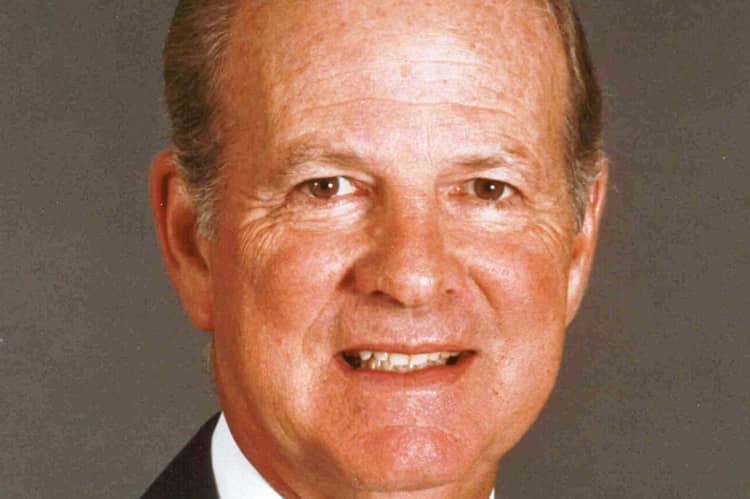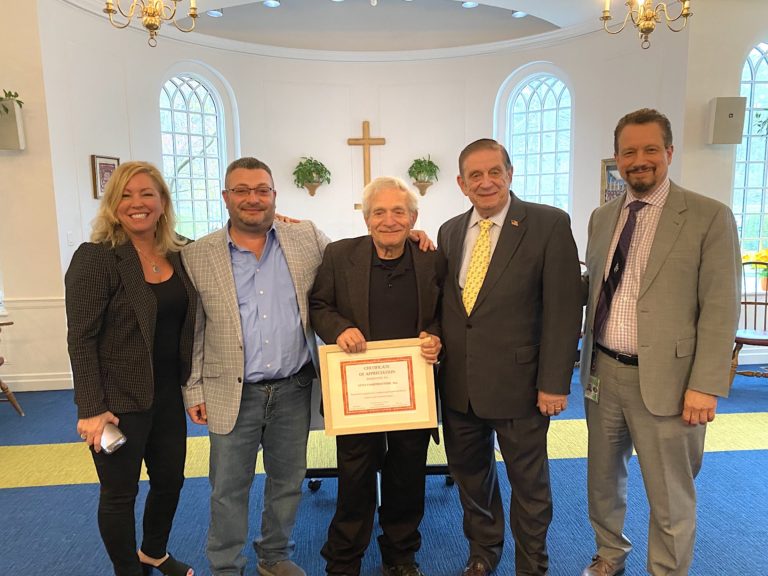
By James A. Baker III
I thought I had seen it all. One Cold War and six hot ones. The great Depression of the 1930s and the great Recession of 2008. Entire neighborhoods ablaze during the social upheavals of the 1960s. Thousands of left-wing domestic bombings in the early 1970s.
But during my 88 years on this earth, I have never seen a challenge as vexing and potentially damaging as the one now posed by the incivility that poisons our society. The crassness of our national debate and the political dysfunction that accompanies it too often bring our governance to a standstill. We yell at one another about our problems rather than talk with each other about resolutions.
Sadly, the vitriol is poised to grow even harsher as partisan battle lines are drawn for filling the upcoming U.S. Supreme Court vacancy. As one liberal columnist recently wrote, all the talk about civility should not stop opponents of a right-wing court from doing everything in their power to keep the judiciary from “being packed.” (His choice of words.)
No, politics ain’t beanbag, and having led five campaigns for three Republican presidents, I know that firsthand, and have the bruises to show for it. But as our national anger has grown, so, too, has our distrust of our politicians, of our institutions and of one another. The only thing we seem to agree on is that the other side started the fight. We’re too busy blaming one another, especially “those people” who don’t look like us, act like us or talk like us.
No wonder many Americans worry that our country’s best days are in the rear-view mirror. We may not be anywhere close to civil war. But the increasingly personal verbal attacks could escalate into violence.
There are several reasons for our hyper-partisan political fighting, including:
A redistricting process that pushes congressional districts to the fringes of the political spectrum. With the decline of the center, the art of compromise is being squeezed from our polity.
The simple fact that we live in a fairly evenly divided red-state, blue-state country, with the two sides seeing the world through vastly different prisms. The problems confronting a Democrat in Boston are very different than the ones facing a Texas Panhandle Republican.
Our rapidly developing social media that transforms too many Americans into angry mobs that carry smart phones rather than pitchforks.
A press that often acts as political advocates, rather than as objective reporters of facts.
We have reached a point where we continually argue about who started this mess. There’s plenty of blame to go around — on both sides. The more important question is: “How do we fix it?”
I’m not sure of the solution. You cannot just legislate against speech that some would consider angry, disruptive, or indecent because vigorous and heated debate is an integral part of America’s democratic heritage. And there already are constitutional limits on certain activities that might incite violence or threaten public safety, such as shutting down roads, etc.
Nevertheless, the general tenor of our debate must change if we are to address challenges that range from our resulting political dysfunction to the ticking fiscal debt bomb that threatens our economy. Finding solutions requires serious and measured debate — not incessant howls of outrage.
In Washington, it will take leadership in both parties. Republicans and Democrats must re-learn how to compromise if they want to get things done. Doing that will require a commitment to cooling incendiary rhetoric, which is coming now in ever increasing amounts and ferocity from both sides.
But all Americans must shoulder some of the responsibility. Each of us needs to look into our own hearts. The harshness of our political debate has been matched elsewhere in our national discourse. Our popular culture, for example, has become angrier, uglier, and more vulgar. The norms dictating decent behavior are eroding, and we are losing sight of the basic regard we owe our fellow human beings.
Rather than blame others for our myriad of problems, each of us should recognize that in a democracy, no one side gets to make all of the rules. Our country has survived and thrived, in large part, because we have worked together in the past on important issues. Absent the art of compromise in a democracy, chaos can ensue.
Above all, when someone makes a point, listen to it, regardless of how incorrect it may seem to you. Don’t discount people just because you don’t agree with them. Listening is an important part of learning about one another — and from one another — that sends a clear signal of respect.
It is also a critical civic virtue. And in this country, we need to do more listening and less screaming — because I fear that the things that bind us together as a people are getting lost in the noise.
James A. Baker III served as White House Chief of Staff and U.S. Secretary of the Treasury under President Ronald Reagan, and as U.S. Secretary of State and White House Chief of Staff under President George H. W. Bush. With thanks to the Houston Chronical for their permission to print this piece.




